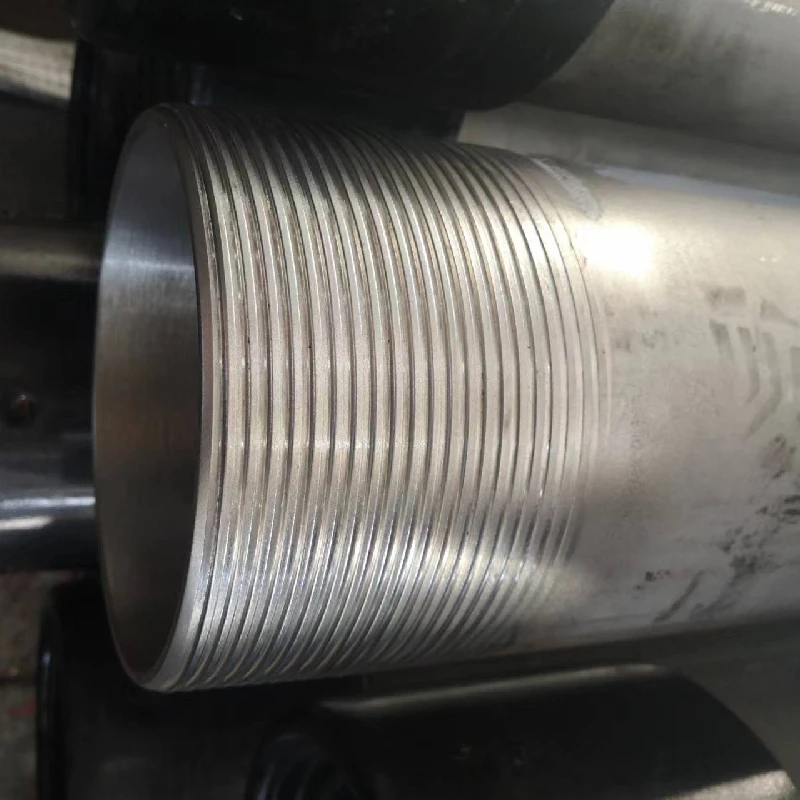- Afrikaans
- Albanian
- Amharic
- Arabic
- Armenian
- Azerbaijani
- Basque
- Belarusian
- Bengali
- Bosnian
- Bulgarian
- Catalan
- Cebuano
- Corsican
- Croatian
- Czech
- Danish
- Dutch
- English
- Esperanto
- Estonian
- Finnish
- French
- Frisian
- Galician
- Georgian
- German
- Greek
- Gujarati
- Haitian Creole
- hausa
- hawaiian
- Hebrew
- Hindi
- Miao
- Hungarian
- Icelandic
- igbo
- Indonesian
- irish
- Italian
- Japanese
- Javanese
- Kannada
- kazakh
- Khmer
- Rwandese
- Korean
- Kurdish
- Kyrgyz
- Lao
- Latin
- Latvian
- Lithuanian
- Luxembourgish
- Macedonian
- Malgashi
- Malay
- Malayalam
- Maltese
- Maori
- Marathi
- Mongolian
- Myanmar
- Nepali
- Norwegian
- Norwegian
- Occitan
- Pashto
- Persian
- Polish
- Portuguese
- Punjabi
- Romanian
- Russian
- Samoan
- Scottish Gaelic
- Serbian
- Sesotho
- Shona
- Sindhi
- Sinhala
- Slovak
- Slovenian
- Somali
- Spanish
- Sundanese
- Swahili
- Swedish
- Tagalog
- Tajik
- Tamil
- Tatar
- Telugu
- Thai
- Turkish
- Turkmen
- Ukrainian
- Urdu
- Uighur
- Uzbek
- Vietnamese
- Welsh
- Bantu
- Yiddish
- Yoruba
- Zulu
Threaded Casing Couplings for Wholesale API Supply and Efficiency
Wholesale API Threading Casing and Coupling Connections in Oil and Gas Industry
In the oil and gas industry, the extraction of resources relies heavily on the integration of advanced technologies and robust equipment. One essential element of drilling technology is the use of piping systems, specifically the casing and coupling components that make up these systems. At the heart of this domain is the American Petroleum Institute (API) specifications that ensure the quality, safety, and reliability of these vital components. In this article, we will explore the wholesale API threading in the context of casing and coupling connections.
Understanding API Standards
The American Petroleum Institute was established in 1919 and has become the leading standards organization for the oil and natural gas industry. Among its many standards, the API Specification 5CT pertains to the use of casing and tubing for well construction. API standards play a crucial role in ensuring that equipment meets specific technical requirements, thus enabling safe operation in potentially hazardous environments.
API threading refers to the specific dimensions and tolerances that are used when machining the threads on casing and coupling components. These threads are critical as they allow for the secure connection of pipes within drilling operations. The reliability of these threads directly impacts the integrity of the wellbore, making API compliance paramount.
Casing in Drilling Operations
Casing refers to the series of pipes that are inserted into a borehole after drilling to provide stability and prevent the well from collapsing. The casing also serves as a barrier to protect groundwater from contamination by oil and gas extraction processes. The casing is typically made of strong materials, such as steel, and is often treated to withstand extreme temperatures and pressures found deep within the Earth.
API-coupled casing is essential to ensure that the sections of casing can be securely joined together. The culmination of various casing sections forms a complete casing string that extends from the surface down to the desired depth. The strength and reliability of these joints are critical for maintaining the integrity of the well.
Coupling Connections
wholesale api threading casing coupling

Couplings are pipe fittings designed to connect two pieces of pipe, in this case, casing strings. The threads on couplings must match exactly with those on the casing pipes to ensure a tight, leak-proof connection. The design of couplings can vary, including types such as threaded couplings, welded couplings, and flanged couplings, depending on the specific applications and requirements.
The API specifies several types of threads, such as API round threads and Buttress threads, each designed for different pressures and loads encountered in oil and gas drilling operations
. The choice of coupling type and thread design can have a significant impact on the well's productivity and safety.Wholesale API Threading Procurement and Supply Chain Management
Wholesale production and distribution of API threading components, particularly casings and couplings, are vital for the oil and gas supply chain. Companies leverage wholesale contracts and bulk purchasing strategies to minimize costs while ensuring that they acquire high-quality, API-compliant products.
Sourcing from reputable manufacturers who strictly adhere to API standards ensures that the components meet the necessary specifications. In the oil and gas sector, where operational downtime can result in significant financial losses, the reliability of casing and coupling products directly influences the success of drilling operations.
Additionally, with the global oil market evolving and regulations becoming increasingly stringent, the need for compliance with API standards has never been greater. Companies must conduct thorough quality assurance checks and partner only with suppliers who can demonstrate consistency in their product quality to maintain operational integrity.
Conclusion
The use of API-threaded casing and coupling components is crucial for the efficiency and safety of drilling operations in the oil and gas industry. Understanding the importance of these connections and adhering to the established API standards ensure that extraction processes can be performed safely and effectively. As the industry continues to evolve and face new challenges, the commitment to robust engineering, reliable supply chains, and unwavering quality standards will remain central to the future success of oil and gas exploration. By focusing on these essential aspects, companies can navigate the complexities of the industry while optimizing their operations for better productivity and safety.
-
Tubing Pup Joints: Essential Components for Oil and Gas OperationsNewsJul.10,2025
-
Pup Joints: Essential Components for Reliable Drilling OperationsNewsJul.10,2025
-
Pipe Couplings: Connecting Your World EfficientlyNewsJul.10,2025
-
Mastering Oilfield Operations with Quality Tubing and CasingNewsJul.10,2025
-
High-Quality Casing Couplings for Every NeedNewsJul.10,2025
-
Boost Your Drilling Efficiency with Premium Crossover Tools & Seating NipplesNewsJul.10,2025







